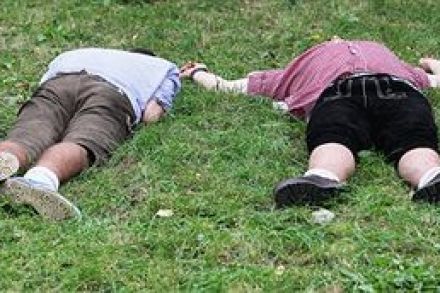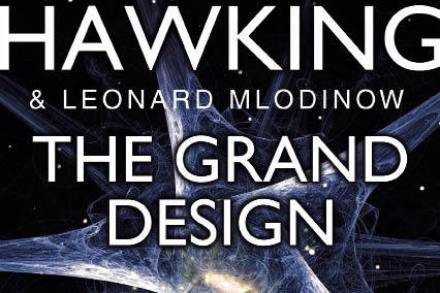The mind’s I
The quasi-religious zeal with which certain popularising neuroscientists claim that man is no different, essentially, from the animals, and that consciousness is but an epiphenomenon, strikes me as distinctly odd. The popularisers seem to take a sado-masochistic delight in it, in the way that some people get a thrill from envisaging the end of the world. They also seem to imply that we now understand almost everything about ourselves, apart from a few odd details to be filled in by ever-more-sophisticated scanners. In other words, man has finally come to understand himself. Here is an addition to the fast-growing genre of books that claim scientific authority for the idea that












